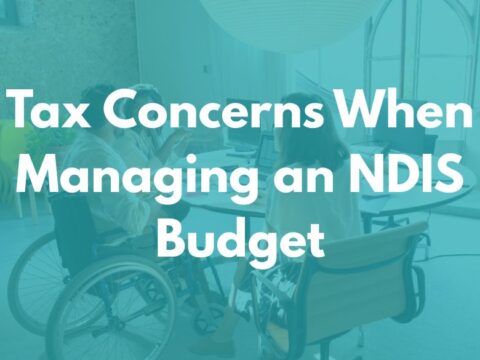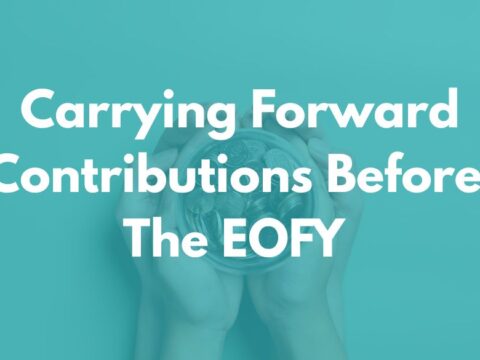Explaining The New Reporting Regime For The Sharing Economy
The Sharing Economy Reporting Regime (SERR) represents a significant development in Australia’s tax landscape, requiring certain businesses operating in the sharing economy to report specific transactions to the Australian Taxation Office (ATO).
Commencing from 1 July 2023 for selected industries and expanding further from 1 July 2024, SERR aims to enhance tax compliance, increase transparency, and gather valuable insights into sharing economy activities. Let’s dive into the key aspects of SERR and outline what small businesses need to know to ensure compliance.
Scope and Purpose of SERR:
SERR applies to transactions facilitated through Electronic Distribution Platforms (EDPs), encompassing activities such as ride-sourcing, short-term accommodation, and the hiring of assets or services. The regime aims to collect information on transactions connected with Australia to enhance tax integrity, identify non-compliant participants, and inform compliance strategies.
What Is An Electronic Distribution Platform (EDPs)
Under SERR, an EDP refers to a service that enables sellers to offer supplies to buyers through electronic communication channels. This encompasses various online platforms such as websites, internet portals, applications, and marketplaces. EDPs play a crucial role in facilitating transactions within the sharing economy and are central to the reporting requirements under SERR.
Reporting Obligations for EDP Operators
EDP operators are mandated to report details of transactions made through their platforms to the ATO. This includes transactions involving taxi travel, ride-sourcing, short-term accommodation, and other reportable supplies. EDP operators must submit reports for each reporting period, with deadlines set for 31 January and 31 July of the following year, depending on the reporting period.
Determining Reportable Transactions
Reportable transactions under SERR include supplies made through EDPs that are connected with Australia. This encompasses various activities, including ride-sourcing, short-term accommodation, asset rentals, and various services. However, certain transactions are exempt from reporting, such as those not connected with Australia or subject to specific withholding requirements.
Timing and Periods of Reporting
EDP operators must submit reports for each reporting period, covering transactions made within specific timeframes. Reporting periods run from 1 July to 31 December and from 1 January to 30 June, with corresponding deadlines for submission. The timing of reporting depends on when payments are made to suppliers, ensuring accuracy and alignment with transaction timelines.
Transition Period and Compliance Considerations:
The implementation of SERR involves a transition period, with different commencement dates for specific industries and reportable transactions. Small businesses affected by SERR should familiarise themselves with the reporting requirements, assess their obligations under the regime, and implement necessary systems and processes to ensure compliance.
The Sharing Economy Reporting Regime represents a significant regulatory change for small businesses operating in the sharing economy.
By understanding the scope, purpose, and reporting obligations under SERR, businesses can navigate the complexities of the regime and ensure compliance with tax laws. With proper planning, small businesses can leverage SERR to enhance tax transparency, mitigate compliance risks, and contribute to a fair and efficient tax system.
IMPORTANT NOTICE
This blog post contains general information only and has been prepared by Allworths without reference to your objectives, financial situation or needs. Allworths cannot guarantee the accuracy, completeness or timeliness of the information contained here. By making this information available to you, we are not providing professional advice or recommendations. Before acting on any of the information contained here, you should seek professional advice.




